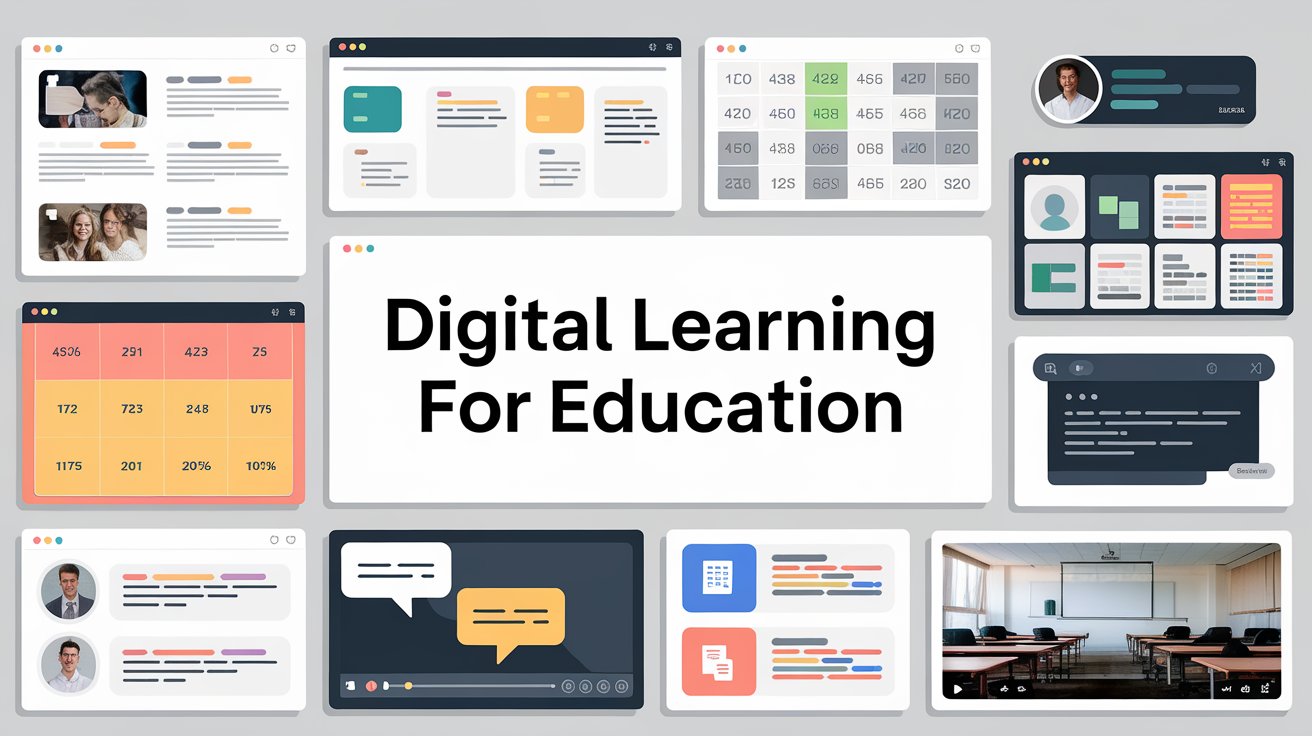In today’s competitive job market, employer branding has become a crucial element for companies aiming to attract and retain top talent. As candidates become more discerning about their workplace choices, businesses must showcase not just their products and services, but also their company culture, values, and the experiences they offer to employees. In this article, we’ll explore effective employer branding strategies, share personal anecdotes that highlight the importance of branding, and answer common questions to help businesses enhance their employer appeal.
Understanding Employer Branding
Employer branding is the process of promoting a company as the employer of choice to a desired target audience. It encompasses the company’s reputation, workplace culture, and the overall employee experience. In a world where job seekers have access to vast amounts of information online, a strong employer brand can make the difference between attracting top talent and losing candidates to competitors.
I still remember my experience with a company that had a stellar employer brand. Before I even applied, I had heard glowing reviews about their culture, employee benefits, and work-life balance. This reputation drew me in, and I felt confident applying, knowing I was pursuing a company that aligned with my values.
Effective Employer Branding Strategies

1. Define Your Employer Value Proposition (EVP)
Your Employer Value Proposition (EVP) is the unique set of offerings, values, and benefits that make your company an attractive place to work. Clearly defining your EVP helps potential candidates understand what sets your organization apart.
For example, a company may highlight its commitment to professional development, flexible working arrangements, or a strong focus on diversity and inclusion. When I worked at a startup, our EVP emphasized innovation and the opportunity to contribute to meaningful projects, which resonated with many candidates.
2. Leverage Employee Testimonials
Employees are often the best ambassadors for your brand. Sharing authentic testimonials from current and former employees can create a powerful narrative about your workplace culture. Video testimonials, blog posts, or social media highlights can showcase real experiences that resonate with potential candidates.
During my job search, I came across a video series featuring employees discussing their growth and experiences at a company I was interested in. Hearing their stories made me feel more connected to the organization and gave me insight into what it would be like to work there.
3. Showcase Company Culture on Social Media
Social media platforms are a powerful tool for showcasing your company culture. Use platforms like Instagram, LinkedIn, and Facebook to share behind-the-scenes glimpses of your workplace, team events, and community involvement. This not only engages potential candidates but also gives them a taste of the environment they might be entering.
At a previous job, our marketing team often shared fun team-building activities on social media. These posts not only highlighted our strong culture but also attracted like-minded candidates who valued a collaborative environment.
4. Invest in an Engaging Career Website
Your career website should reflect your brand identity and communicate your EVP clearly. Include sections about company values, employee benefits, and open positions. Additionally, showcasing employee stories, images of the workspace, and information about team culture can help potential candidates visualize themselves within your organization.
When I was exploring different companies, I found a career page that featured an interactive culture map. It allowed me to see how employees described their experiences across various departments, making the company feel more transparent and inviting.
5. Foster a Positive Candidate Experience

The candidate experience is a crucial aspect of employer branding. From the application process to the interview stages, ensuring that candidates feel valued and respected can leave a lasting impression. Provide timely communication, constructive feedback, and a welcoming atmosphere during interviews.
I recall an interview where the recruiter took the time to explain the company’s values and what they looked for in employees. That level of engagement made me feel appreciated as a candidate, and it influenced my perception of the company positively.
6. Promote Professional Development Opportunities
Highlighting opportunities for growth and advancement can be a major draw for job seekers. Candidates often seek organizations that invest in their employees’ professional development through training, mentorship, and career advancement programs.
At one of my previous roles, the company offered continuous learning opportunities, such as workshops and online courses. This investment in employee growth not only improved morale but also attracted candidates who were eager to develop their skills.
7. Engage with the Community
Participating in community events and showcasing corporate social responsibility initiatives can enhance your employer brand. Candidates often prefer companies that demonstrate a commitment to social impact and community involvement.
I once attended a job fair where several companies had booths dedicated to their community initiatives. The organization I was most drawn to had a clear focus on sustainability and giving back, which aligned with my personal values.
Personal Anecdote: My Journey Through Employer Branding
One of the most pivotal moments in my career journey occurred when I was considering two job offers. Both companies had similar salaries and job descriptions, but their employer branding made a significant difference in my decision.
Company A had a well-defined employer brand, with a strong social media presence and positive employee testimonials. In contrast, Company B lacked clarity in its messaging and didn’t highlight its culture effectively. Ultimately, I chose to join Company A because their branding resonated with my values and aspirations. That experience reinforced the importance of employer branding in attracting talent.
FAQs on Employer Branding Strategies
1. What is an Employer Value Proposition (EVP)?
An EVP is the unique set of offerings and benefits that make a company attractive to employees.
2. How can I collect employee testimonials?
You can gather testimonials through interviews, surveys, or video recordings to share authentic employee experiences.
3. Why is a strong social media presence important?
Social media showcases your company culture and engages potential candidates by providing real-time insights into the workplace.
4. What elements should a career website include?
A career website should highlight company values, employee benefits, and open positions, along with employee stories and culture.
5. How can I improve the candidate experience?
Ensure timely communication, provide constructive feedback, and create a welcoming atmosphere during interviews to enhance the candidate experience.
Conclusion
In an increasingly competitive job market, a strong employer brand is essential for attracting and retaining top talent. By defining your EVP, leveraging employee testimonials, showcasing your culture, and focusing on a positive candidate experience, you can create a compelling brand that resonates with potential candidates. My personal experiences have shown me the impact of employer branding, and I encourage organizations to invest in their brand identity. In doing so, they will not only attract talent but also build a thriving workplace culture.



